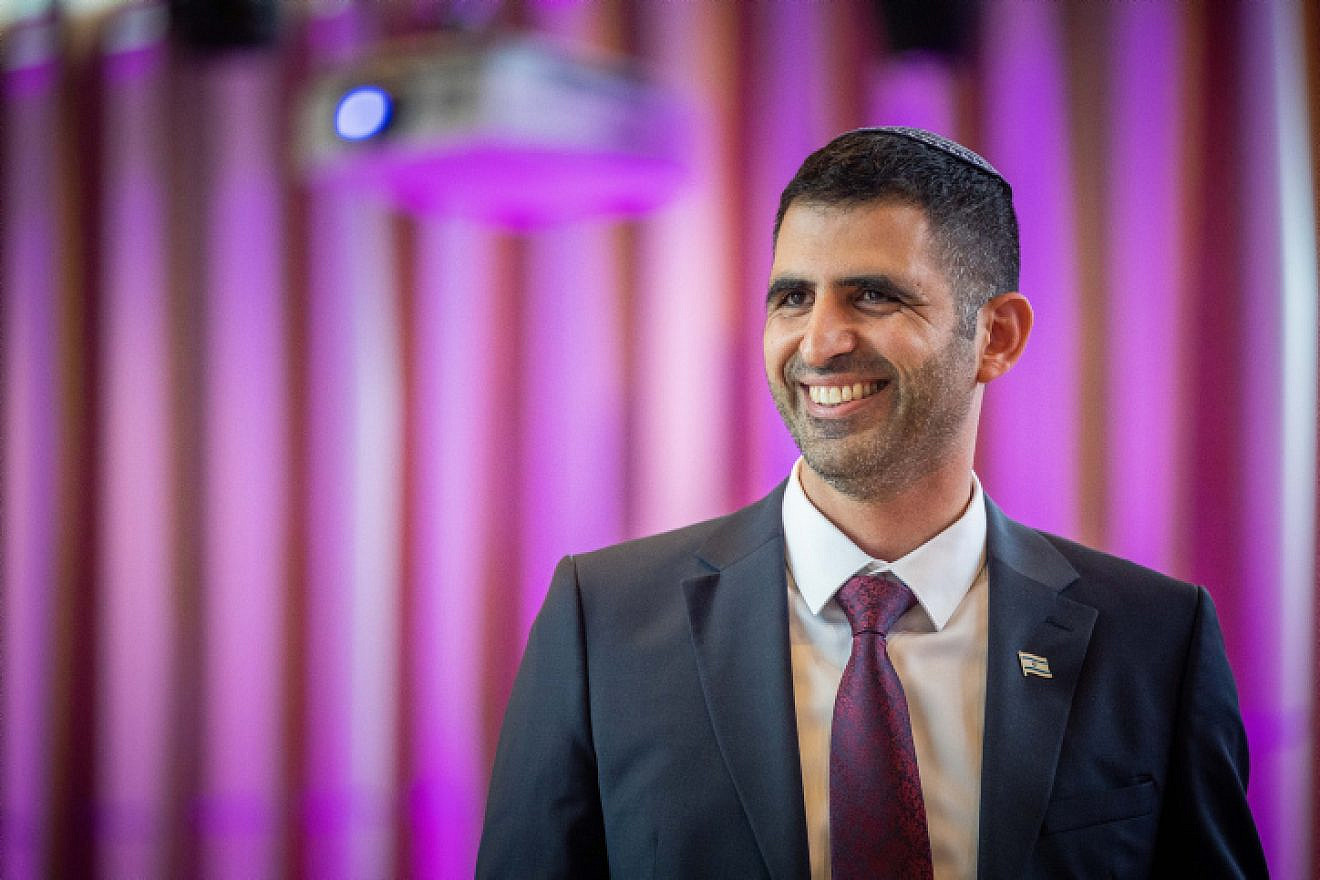Israeli Minister of Communications Shlomo Karhi spoke at a conference in Saudi Arabia’s capital on Wednesday, marking the first speech by an Israeli minister in the country.
“As demonstrated by the Abraham Accords, when nations converge on mutual goals, outcomes can be monumentally transformative,” Karhi told the audience at the Universal Postal Union’s 2023 Extraordinary Congress.
UPU is a United Nations agency and the primary forum for international cooperation in the postal field.
He thanked Israeli Prime Minister Benjamin Netanyahu and the leaders of Saudi Arabia for “launching the blossoming ties between our nations.”
Thanking the people of Saudi Arabia for their hospitality, he added, “Our common respect for God and tradition can serve as a bedrock for harmony between our peoples.”
Karhi, whose family came to Israel from Tunisia, ended by blessing the participants in perfect Arabic, which he described as his “mother tongue.”
Karhi arrived in Saudi Arabia on Monday at the head of a 14-strong delegation that included David Bitan, chairman of the Knesset’s Economic Affairs Committee.
“It is a great honor to represent the State of Israel in this historic visit to Saudi Arabia. It is especially meaningful to visit during the holiday of Sukkot, a time of renewal, gratitude and blessing in the Jewish faith,” Karhi told JNS from Riyadh.
Last week, Tourism Minister Haim Katz became the first Israeli Cabinet minister to be granted an entry visa by the Saudi government, arriving in Riyadh to participate in a conference of the United Nations World Tourism Organization and mark World Tourism Day, celebrated annually on Sept. 27.
The back-to-back ministerial trips are the latest indication that a normalization deal between the two countries, seen as increasingly likely in the coming months, is indeed in the offing.
On Friday, U.S. National Security Council spokesman John Kirby said that Jerusalem and Riyadh have agreed on the contours of a possible U.S.-mediated normalization agreement.
“All sides have hammered out, I think, a basic framework for what, you know, what we might be able to drive at,” he said, amid an ongoing effort to bring the Sunni kingdom into the Abraham Accords.
The Trump administration-brokered accords in 2020 normalized relations between Israel and four Arab nations: The United Arab Emirates, Bahrain, Morocco and Sudan.


























